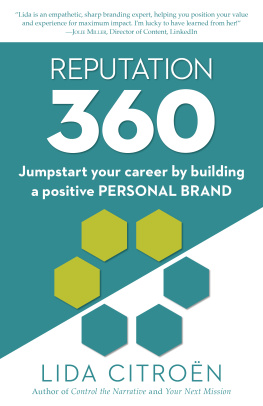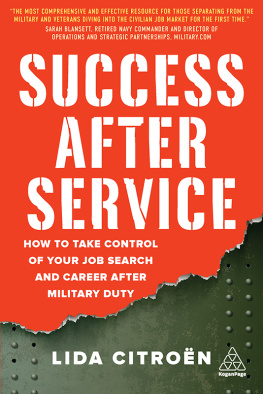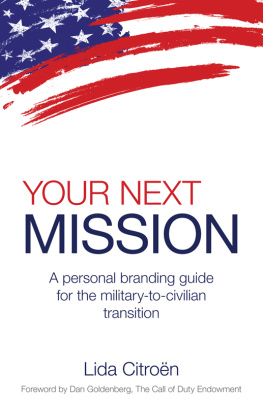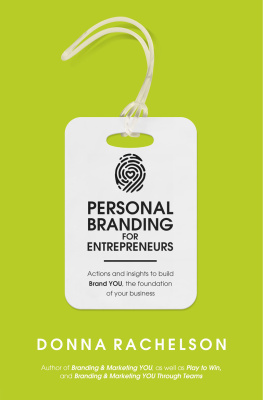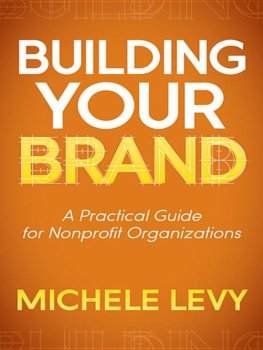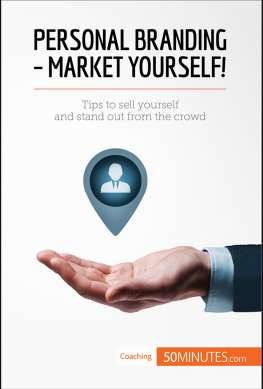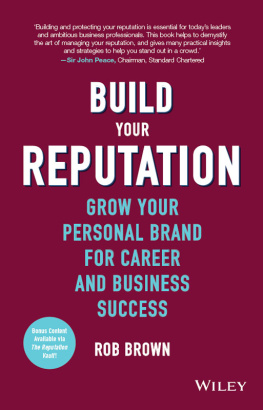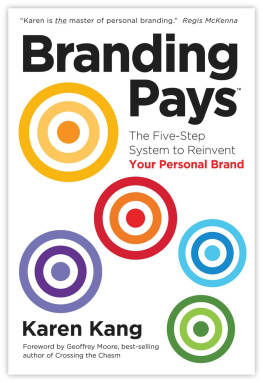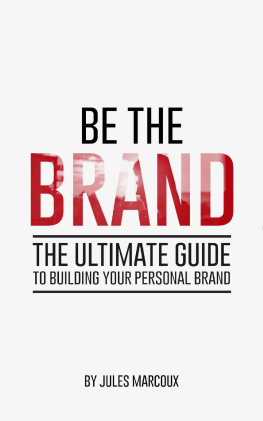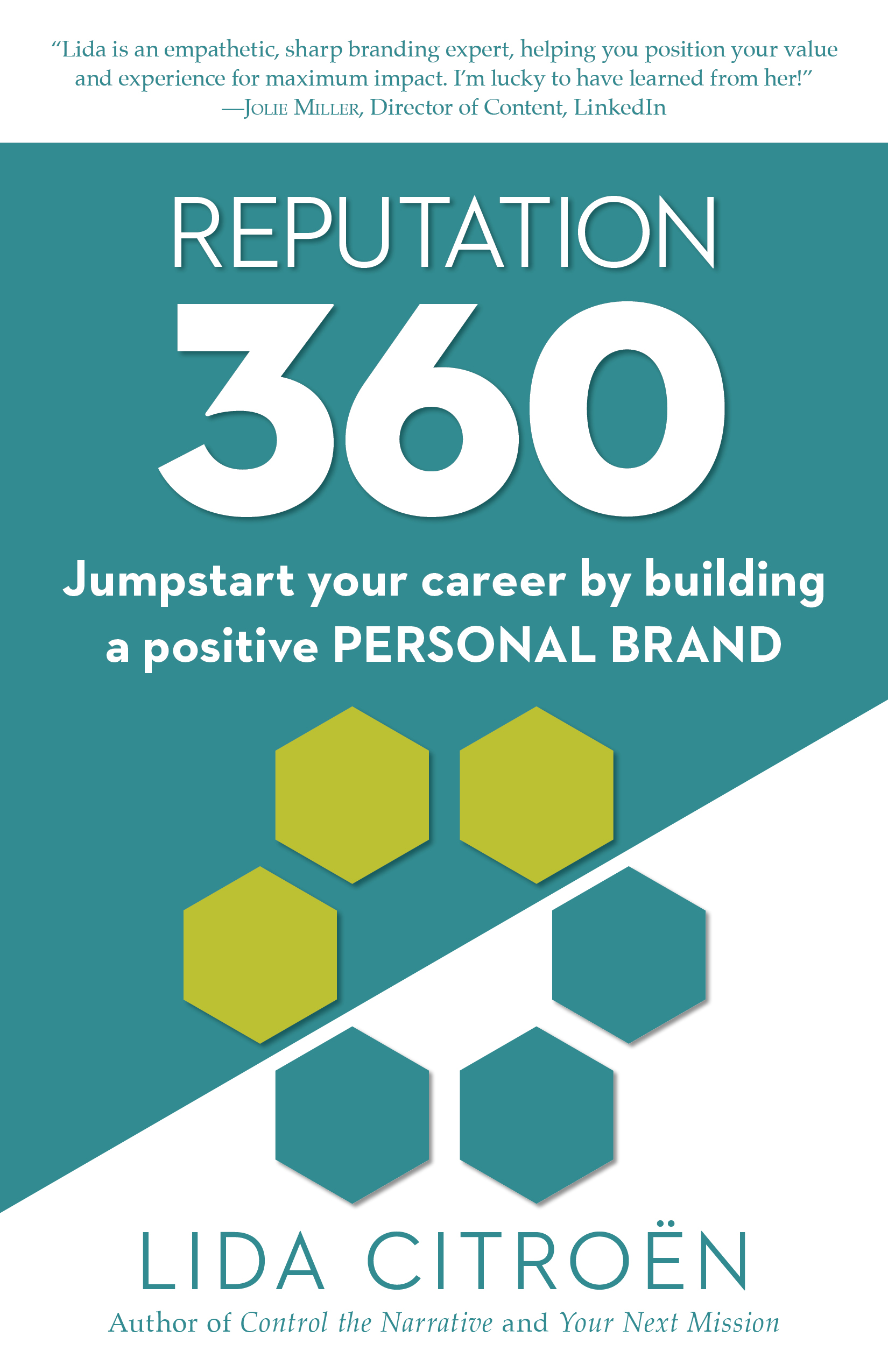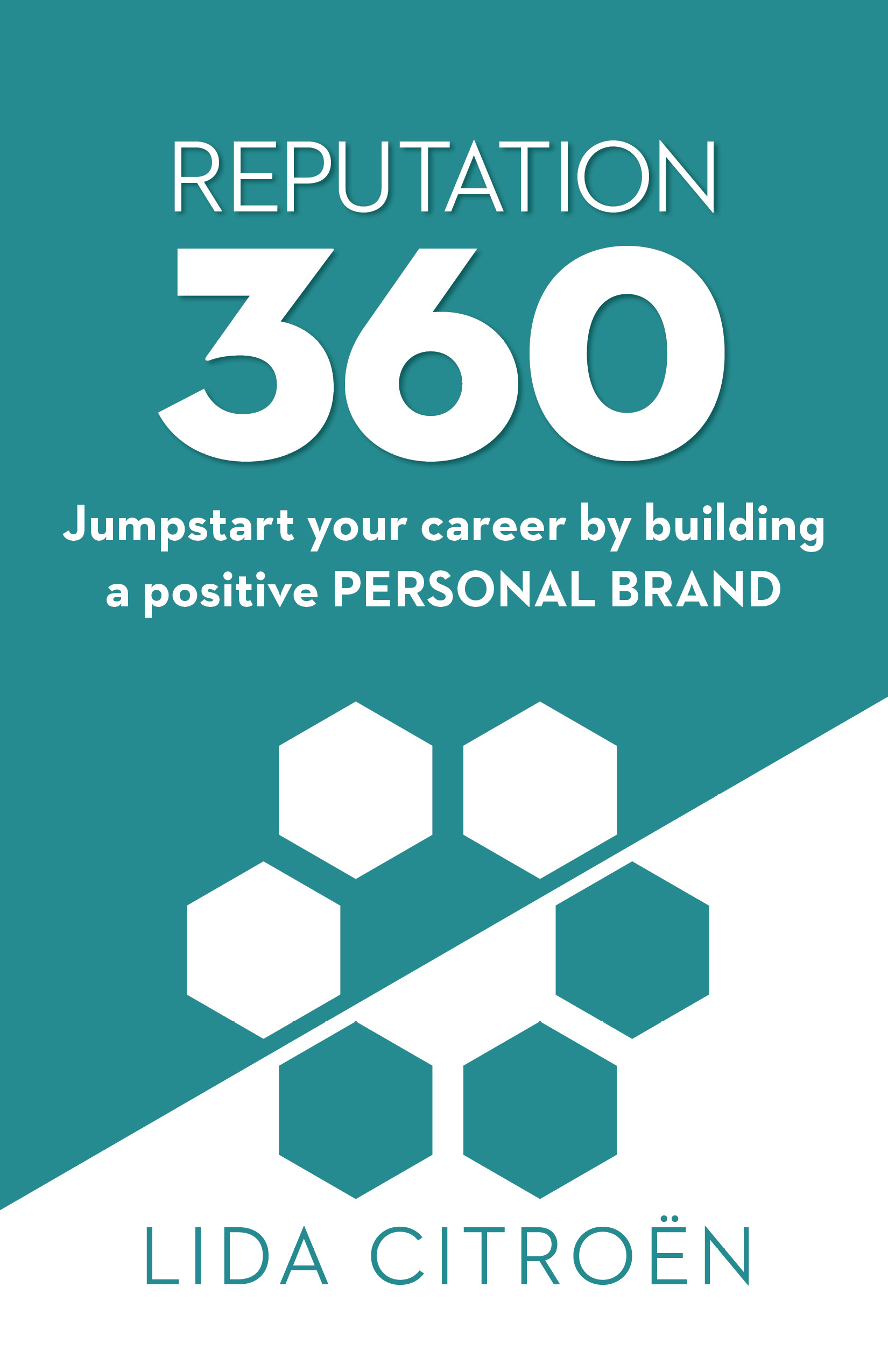
Published by Palisades Publishing
Greenwood Village, Colorado, U.S.A.
Copyright 2022 by Lida Citron. All rights reserved.
Cover and interior design by Golden Ratio Book Design
Editing by Kathe Sweeney
Publishers Note: Every possible effort has been made to ensure that the information contained in this book is accurate at the time of going to press, and the publishers and author cannot accept responsibility for any errors or omissions, however caused. No responsibility for loss or damage occasioned to any person acting, or refraining from action, as a result of the material in this publication can be accepted by the editor, the publisher or the author.
No part of this publication may be reproduced, stored in any retrieval system, or transmitted in any form or by any means, electronic, mechanical, photocopying, recording, scanning, or otherwise, without the prior written permission of the publisher. Requests to the publisher for permission should be addressed to the Permission Department, Palisades Publishing, 4950 S. Yosemite Street, F2-337, Greenwood Village, CO 80111 U.S.A.
Printed in the United States of America
Paperback ISBN 978-0-9831690-8-6
Ebook ISBN 978-0-9831690-9-3
Library of Congress Control Number: 2022903619
LIBRARY OF CONGRESS CATALOGING IN-PUBLICATION DATA
Citron, Lida
Reputation 360: Jumpstart your career by building a positive personal brand /
Lida Citroen. 2nd ed.
@Lida Citron, 2022
As you start your career, ahead is possibility and hope,
Adversity and risk, opportunity a nd growth.
You hold the power the potential to change the world.
You must know yourself. Believe in yourself.
Be clear on what you stand for and who you ll serve.
Your reputation is a look at what youve done,
how youve shown up
And the difference youve made.
As it evolves and matures, your reputation becomes a 360 o reflection of you.
Contents
CHAPTER 1:
Youve Graduated.
Now What?
Promise me youll always remember: Youre braver than you believe, and stronger than you seem, and smarter than you think.
Christopher Robin to Pooh
A.A. Milne
T he gown is returned; the cap has been signed by classmates; the ceremony is finished. As a recent college or university graduate, now the hard work begins. For some of you, graduation means you take a week or two to relax and then start the job you secured prior to finishing school. For others of you, the push to graduation left you little time to pursue or secure a job afte r school.
Whether you have a job after graduation or not, it is important to realize the necessity of building and shaping your personal brand. The fact is, youve built a brand without realizing it during your time in school and in recent years. As you formed friendships, volunteered for leadership opportunities in clubs and sports, promoted yourself and engaged with others on social media, and considered your career path, you were building your perso nal brand.
Granted, you may have been doing all these things without realizing their impact on your reputation and long-term career goals. Youve been busy being a student, learning how to live as an adult and wondering what career would be most interesting, rewarding and promising. Given that, now is a good time to consider the difference a strong and positive personal brand can make in your ability to feel more in charge of your future and less beholden to others to hopefully find you valuable and relevant.
Jennifer is a junior account manager at a growing software company. She joined the company right out of school and has been with them for five years. Jennifer seems to do everything right shes on time every day, manages her budgets and her staff to meet expectations, and does her job as shes directed. Yet each time a promotion opportunity arises, shes not considered. Why isnt Jennifer growing her responsibilities in the company? Why dont senior executives bring her into important conve rsations?
There is a common belief among professionals that if you do whats asked of you, dont cause problems, and meet your goals, you will progress in your career. Jennifer learned the hard way that in todays global business environment personal branding was critical for her to develop her leadership style, drive competitive advantage and position herself for growth. Assuming others would see her value isnt enough. She had to communicate her offer clearly and confidently to those in decision-making roles. When Jennifer began consistently asserting herself in key conversations, offering input and ideas when her colleagues stayed quiet, and taking on new work to learn and grow her skills, her boss began to see her commitment to her work and explored new ways of growing h er value.
You already have a personal brand: Its your reputation, how others perceive you. Its the value you bring to every conversation, each online encounter, and every work project. Its the way people feel when they interact with you.
WHEN DO YOU NEED TO START THINKING ABOUT YOUR BRAND?
When youre ready to:
Become a more confid ent leader
Decisively enter the workforce for the first time
Change jobs or careers using a clea r strategy
Attract more business leads and opp ortunities
Maintain current professional relationships (and grow new ones)
Live authentically and wi th purpose
Ensure your reputation is working as hard as you are
If you have branded yourself intentionally and consistently positioned that brand , you will receive recognition for your accomplishments and contributions, today and tomorrow. A brand is a promise of th e future .
HOW I DISCOVERED THE IMPORTANCE OF PERSONAL BRANDING
I grew up on the west side of Los Angeles in the 1980s. As a young adult, I couldnt help but be influenced by the entertainment industry as it was all around me: friends, friends parents, work colleagues and every waiter who served my salad was connected to the industry, as it w as called.
While I never entertained a career in front of the camera although I did work in entertainment production for a special events company, which was fascinating! I found myself pursuing jobs that not only leveraged my college education but paid me enough that I could live on my own. That was my primary objective in t hose days.
For the next twenty years, things seemed to fall into place: One job seamlessly led to the next, and each move brought more visibility, money and responsibility. I thought everything was fine. After all, my definition of success was working, and I was accumulating the significance, financial rewards and status I felt was important.
What I failed to realize, however, was that without a strategy for my career and reputation, my career was really just a series of random jobs. Each opportunity was coming to me arbitrarily and I didnt have a set of criteria to evaluate them and plan my next career move. In other words, I had no real system for how or why I was choosing the jobs I was saying yes to, and no real explanation for why other opportunities werent comin g my way.
While Id moved from job to job about every few years, my resume made it appear I was a classic job hopper. Not only did I change companies every few years, but I soon realized I could change industries, too, providing a much needed and desired shot of excitement and interest to my lackluster career path. It wasnt until the market crashed in 2008 and I found myself to be a suddenly unemployed marketing executive that I truly looked back on my career to gain some understanding. The 2008 financial collapse in the U.S. meant that jobs were hard to come by and competition was ridiculously steep. In that moment, something remarkable happened: I go t clarity.

